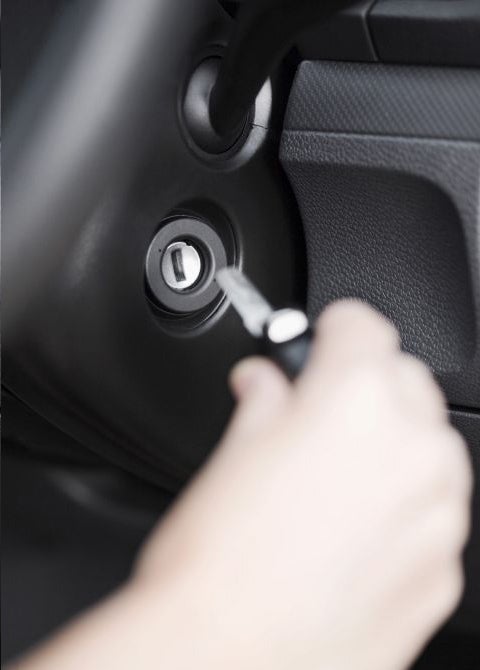The Independent's journalism is supported by our readers. When you purchase through links on our site, we may earn commission.
On the road: buying a car at uni
Getting a car sounds great, but what does it actually involve and is it worth the money?

Your support helps us to tell the story
From reproductive rights to climate change to Big Tech, The Independent is on the ground when the story is developing. Whether it's investigating the financials of Elon Musk's pro-Trump PAC or producing our latest documentary, 'The A Word', which shines a light on the American women fighting for reproductive rights, we know how important it is to parse out the facts from the messaging.
At such a critical moment in US history, we need reporters on the ground. Your donation allows us to keep sending journalists to speak to both sides of the story.
The Independent is trusted by Americans across the entire political spectrum. And unlike many other quality news outlets, we choose not to lock Americans out of our reporting and analysis with paywalls. We believe quality journalism should be available to everyone, paid for by those who can afford it.
Your support makes all the difference.Some people dream of the freedom a driver’s licence and the purchase of a car can bring, while others just can’t be bothered! If, however, you are the former, here are the facts to face up to when thinking of buying a car.
Lessons
Many of you will have passed your test already. For those of you who haven’t, the standard theory test fee is £30. You can take practice tests for free via the Driving Standards Agency (DSA) website www.dsa.gov.uk. Practical driving lessons with a qualified instructor cost between £24 and £30 an hour. People who pass their driving test have had, on average, 45 hours of professional lessons and 22 hours of private practice, according to Government statistics. Both the Automobile Association (AA) and the Royal Automobile Club (RAC) offer discounts for members on lessons with registered instructors, so check to see if your parents are signed up.
Insurance
The price of insuring your car depends on the size of the model of car you drive, your age, your existing road record, how long you have been driving, what sort of job you have and whether you keep your car in the garage. It also depends on the type of policy you get, whether it be third party, fire and theft or comprehensive.
MOT
All vehicles, with the exception of new vehicles, must be taken for an MOT inspection every year to ensure they meet with the minimum environmental and road-safety standards. New vehicles are required to have their first MOT after three years from the date of registration. An MOT inspection can be done at registered garages throughout the UK, and you will need the pass certificate to be able to get insurance and car tax. An MOT inspection for a car costs a minimum of £53.10.
Tax
The amount of tax payable on your car is calculated based on engine size or CO2 emissions, depending on the age of the car. Tax will be about £120 per year depending on the type of vehicle, and breakdown cover will work out about another £100 a year.
Petrol
Petrol costs are on the rise due to economic conditions and the price of oil. Diesel and hybrid cars can offer relief from these prices, but there is no way to avoid it all together!
Parking
Check out your university’s parking facilities and parking in the area where you live. Some places charge for permits and require evidence of residence or enrolment.
Stolen goods
Remember not to tempt thieves by leaving valuables in a place where someone can see them, like the back seat. Fitting your car with an alarm is a deterrent if someone does break in, and don’t create an opportunity by leaving any windows open or the car unlocked.
Driving under the influence
You may want to offer lifts to friends in return for petrol costs, or volunteer to be the designated driver on outings, but be careful. If you are tempted to drink – or take other substances – when you’re out with friends, driving under the influence is a serious crime. According to the Department for Transport, driving under the influence of alcohol caused 14,350 casualties and 540 deaths (17 per cent of all road deaths) in 2006. The legal limit in the UK is 80mg per 100ml of blood, with ministers looking at reducing it to 50mg in line with EU regulations. Don’t drink and drive!
Web watch
Directgov
Government information about owning a car www.direct.gov.uk/en/motoring/ owningavehicle/index.htm
National Youth Agency website
Head to the sport, leisure and travel section for guidance and advice www.youthinformation.com
The RAC
Explanation of the costs of running a car can be found on the rac website www.rac.co.uk/web/know-how/owning-a-car
Join our commenting forum
Join thought-provoking conversations, follow other Independent readers and see their replies
Comments